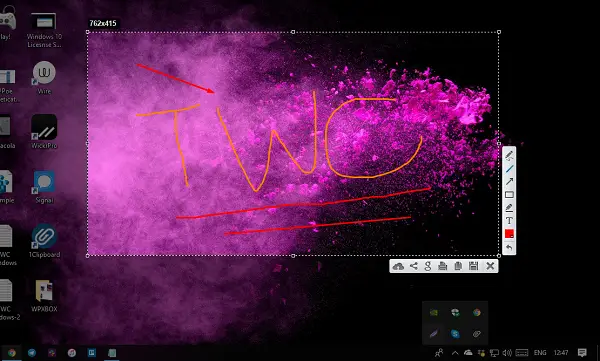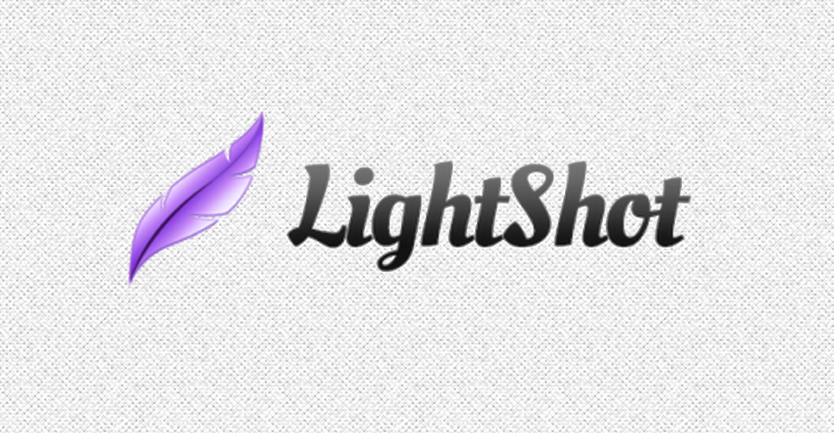

Take screenshots, crop them on the fly, and share them on your social mediaĪll stored on a simple configuration system allowing users to choose features like keyboard shortcuts or image outlet format. Wimalasiri adds that such platforms are built on models that monetise the very feature of insecurity – either by mining data or creating seemingly convenient user functions.LightShot is a versatile and efficient tool for taking screenshots, and offers interesting functions for working on a large screen: the function allows you to take screenshots of the whole screen or just a part of the screen and allows you to quickly edit on the fly and instantly save and share your shots on the net. “Making sensitive user data openly available in this manner creates an unfair imbalance where digital platforms profit at the cost of user privacy,” says Bhagya Wimalasiri, a research assistant at the Security of Advanced Systems Group in the University of Sheffield. These included six nudes captured from video calls six screenshots of people’s private Facebook photos (some from children’s profiles) and 30 images containing names, login details, bank information, phone numbers, IP and shipping addresses, and PO Box numbers. The analysis showed eight per cent of public screenshots contained more sensitive personal information. People shared grabs of chat logs, emails and social media posts using identifiable usernames.

So far so unremarkable.Īround 20 per cent of images analysed include information that could be used to steal someone’s identity or break into other online accounts. Around 63 per cent of these are made up of video game screen grabs, coding instructions, apartment listings and so-forth. But many include content including names, addresses, contact numbers, bank details and even screen grabs of intimate video calls.Īn automatic web-scraping script found 529 live images at the 11,000 URLs generated.

Most of the URLs are innocuous or just come up with error messages stating that the screenshot has been deleted or can no longer be found. WIRED looked at the results of 11,000 randomly generated Lightshot URLs and found sensitive personal information.


 0 kommentar(er)
0 kommentar(er)
